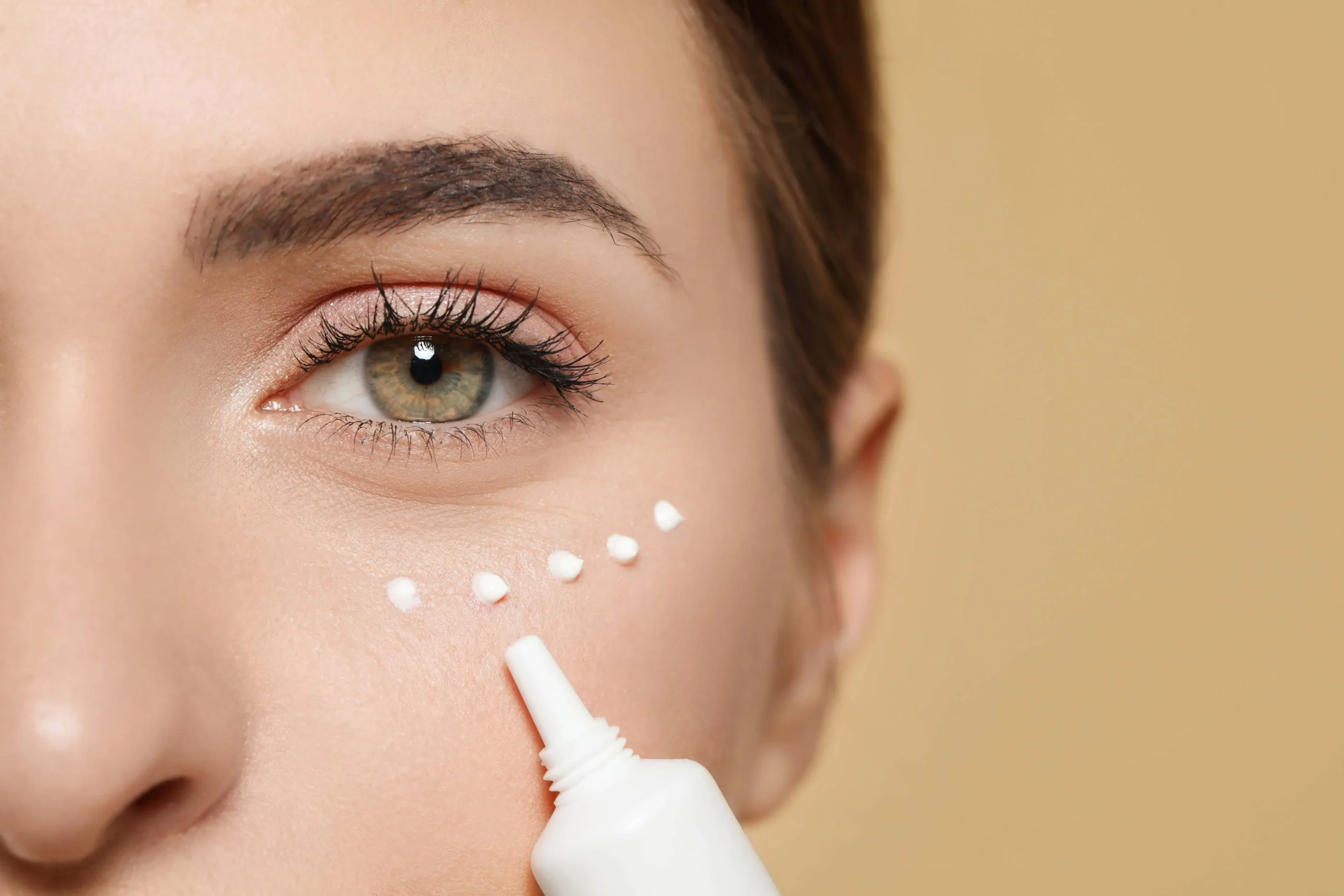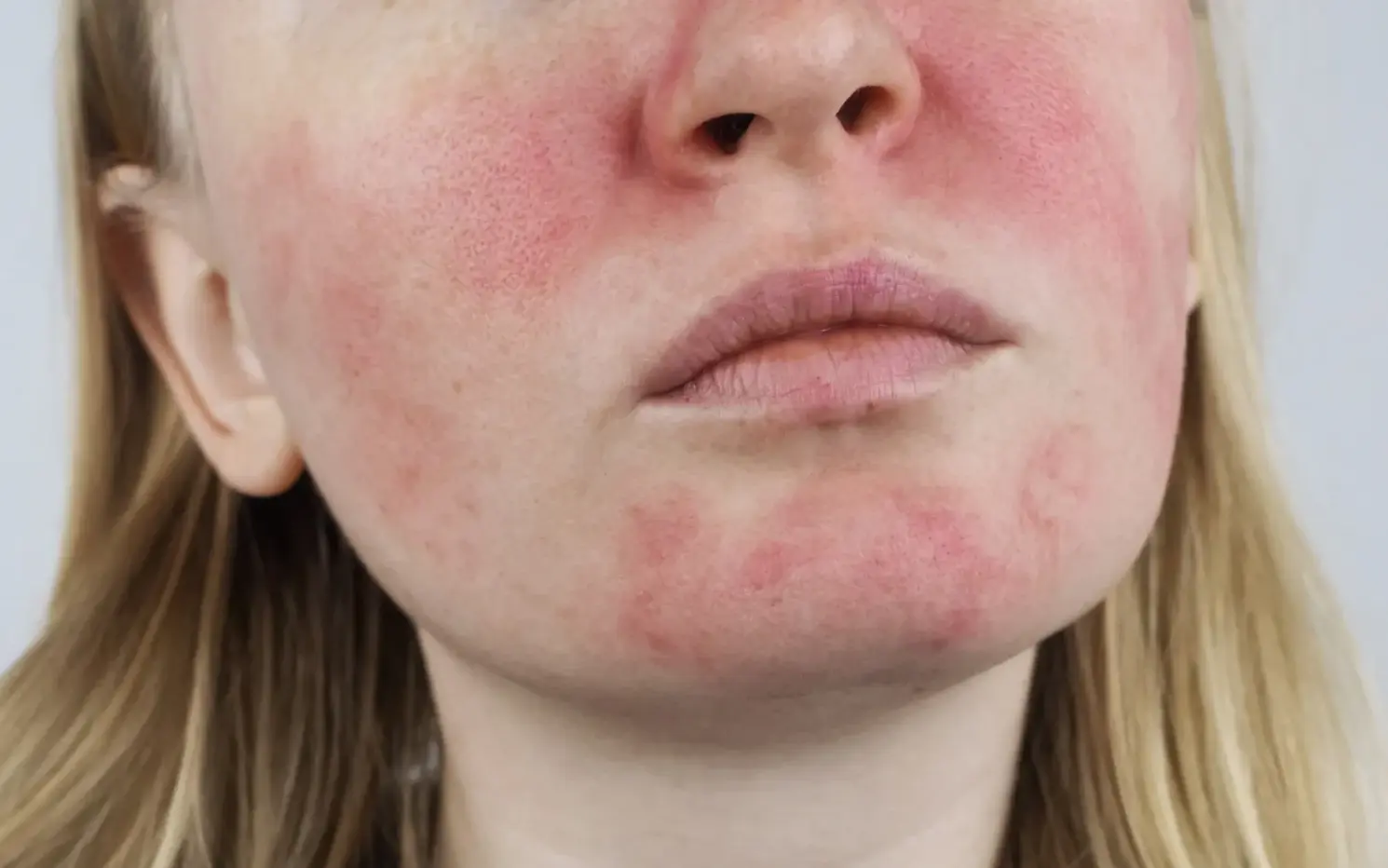Exfoliation is a fundamental skincare technique that promotes smoother, brighter skin by
removing dead skin cells from the surface. Incorporating regular exfoliation into your skincare
routine can help improve skin texture, enhance product absorption, and reveal a more radiant
complexion. However, it’s essential to understand the different exfoliation methods, their
benefits, and how to choose the right approach for your skin type. This blog post explores
various exfoliation techniques, tips for safe and effective exfoliation, and recommendations for
achieving healthy, glowing skin.
Why Exfoliation Matters?
The skin naturally sheds dead skin cells, but this process can slow down over time, leading to a
buildup that can clog pores and dull the complexion. Exfoliation helps accelerate cell turnover,
revealing fresher, healthier skin underneath. Benefits of regular exfoliation include:
- Smooth Texture: Removes rough patches and improves skin texture.
- Brighter Complexion: Enhances skin radiance by revealing new skin cells.
Unclogs Pores: Prevents acne breakouts and minimizes the appearance of pores.
Enhanced Absorption: Allows skincare products (like serums and moisturizers) to
penetrate more effectively.
Types of Exfoliation Techniques
1. Physical Exfoliation:
- Exfoliating Scrubs: Contain granular particles (like sugar, salt, or microbeads)
to manually slough off dead skin cells. Use gentle circular motions when applying
to avoid irritation. - Exfoliating Tools: Brushes, sponges, or devices (like cleansing brushes or facial
scrubs) can aid in physical exfoliation. Choose tools with soft bristles or gentle
surfaces to avoid causing micro-tears in the skin.
2. Chemical Exfoliation:
- Alpha Hydroxy Acids (AHAs): Such as glycolic acid (derived from sugar cane)
and lactic acid (from milk). AHAs delicately dissolve dead skin cells, enhancing
the smoothness of skin texture. - Beta Hydroxy Acid (BHA): Like salicylic acid, which penetrates deep into pores
to remove excess sebum and dead skin cells, making it ideal for acne-prone or
oily skin types. - Enzymes: Natural exfoliants derived from fruits (like pineapple or papaya) that
break down dead skin cells without scrubbing.
Tips for Safe and Effective Exfoliation
- Know Your Skin Type: Choose exfoliation methods suitable for your skin type and
sensitivity level. - Start Slow: Begin with exfoliating once or twice a week and adjust based on how your
skin responds. - Avoid Over-Exfoliation: Excessive exfoliation can lead to irritation, redness, or
increased sensitivity. Listen to your skin’s needs. - Sun Protection: Exfoliating your skin can increase its sensitivity to sun exposure.
How to Add Exfoliation into Your Skincare Routine?
- Choose the Right Product: Select exfoliants formulated for your skin type and
concerns (e.g., sensitive skin, acne-prone). - Prep Your Skin: Cleanse your face to remove makeup and impurities before exfoliating.
- Apply Gently: Use gentle pressure and circular motions when applying exfoliants to
avoid damaging the skin. - Follow Up with Skincare: After exfoliating, apply serums, moisturizers, and sunscreen
to protect and nourish your skin.
Professional Exfoliation Treatments
For more intensive exfoliation and deeper skin renewal, consider professional treatments like:
- Chemical Peels: Administered by dermatologists or licensed estheticians to address
specific skin concerns, such as hyperpigmentation or acne scars. - Microdermabrasion: Uses a handheld device to mechanically exfoliate the skin,
improving texture and radiance. - Laser Resurfacing: Targets deeper layers of the skin to promote collagen production
and address fine lines, wrinkles, and pigmentation.
Conclusion
Exfoliation plays a crucial role in attaining healthy and radiant skin. By incorporating the right
exfoliation techniques into your skincare routine—whether through physical scrubs, chemical
exfoliants, or professional treatments—you can effectively remove dead skin cells, reveal
smoother texture, and enhance the overall appearance of your complexion. Remember to
choose products and methods appropriate for your skin type, start gently, and prioritize
consistency to achieve optimal results. With regular exfoliation, you can unlock your skin’s
natural radiance and maintain a vibrant, youthful glow.





